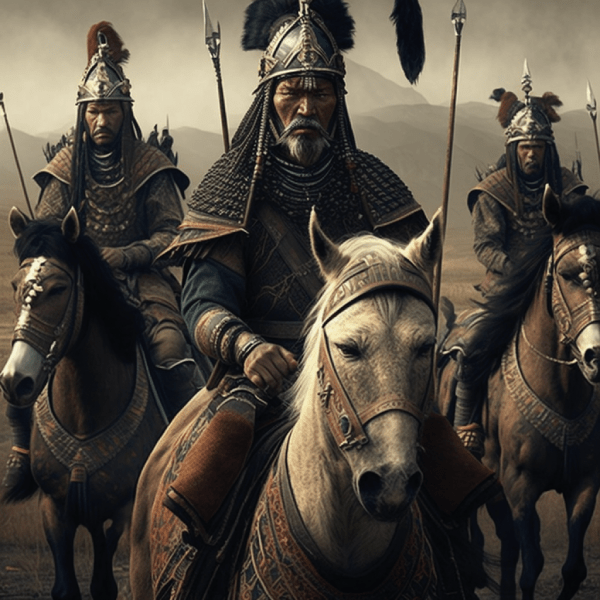Introduction
Richard Barrett is an author, speaker, and expert in organizational and cultural transformation. His work on cultural transformation is focused on developing a shared understanding of the stages of development that societies go through in their evolution. One such stage is the worldview of nation awareness. In this blog post, we will examine the characteristics of the worldview of nation awareness, how it shows up today, and its relationship to sustainability.
The origins of nation awareness
Nations were formed through political alliances or the subjugation of ethnic minorities and appropriation of their lands by force. The worldview of nation awareness brought stability, order, and discipline to the governance of nations, establishing laws, rules, and codes of conduct based on moral authority. Administrative bureaucracies were created to collect taxes and manage the state. Stability of leadership was achieved by the establishment of family dynasties, and kings and emperors became both political and spiritual leaders. Organized religion served as an additional bond between people of different ethnic origins living in the same nation.
How nation awareness shows up today
In the worldview of nation awareness, public and private organizations are governed through hierarchies of authority, such as the civil service, the military, and organized religions. People can only advance through sacrifice, self-discipline, and loyalty. Leaders consider it admissible to use the machinery of government to satisfy their personal desires, leading to high levels of corruption. In this worldview, religious affiliation is important and can play a significant role in the formation of political alliances.
The cosmology of nation awareness
The cosmology in the worldview of nation awareness is based on one God. Monotheistic religions teach that service to God in this life will be rewarded in the next life. Consequently, identification with a religion is extremely important in this worldview.
Nation awareness and sustainability
The worldview of nation awareness is focused on hierarchy and maintaining the status quo, rather than promoting equality and innovation. The characteristics of this worldview, such as the mixing of social classes being frowned upon, religious intolerance, and the limited roles for women, are incompatible with the principles of sustainability. Sustainability requires the equal treatment of all people and the recognition of the interconnectedness of all life on Earth.
Transition to wealth awareness
The transition from the worldview of nation awareness to the worldview of wealth awareness occurred because of public pressure for freedom of worship and pressure from the wealthy to gain more influence in the making of public policy. Nowadays, the transition to wealth awareness is also driven by the masses who are seeking to satisfy their survival, safety, and security needs by increasing their personal income. The worldview of wealth awareness is very attractive to people who have been repressed most of their lives.
Conclusion
The worldview of nation awareness played a significant role in the formation of nations and governance structures. However, its focus on hierarchy, religious affiliation, and maintaining the status quo is incompatible with the principles of sustainability. The transition to wealth awareness, which is driven by the desire for freedom and personal income, is more in line with the principles of sustainability. As we continue to evolve as a society, it is important to recognize the characteristics of different worldviews and work towards creating a more sustainable and equitable future.
Examples of the nation awareness worldview in contemporary society
- Saudi Arabia: Saudi Arabia is an Islamic state where the government derives its authority from Islamic law and tradition. The monarchy is considered both political and religious leaders, and the country is governed through a complex bureaucratic system. The government controls access to religious sites, and non-Muslims are not allowed to openly practice their religion.
- Israel: Israel is a Jewish state where the government derives its authority from the Jewish religion and culture. The country is governed through a parliamentary democracy, but religion plays a significant role in Israeli society and politics. Non-Jewish religions are tolerated but are not given the same status as Judaism.
- Russia: Russia is a federal semi-presidential republic where the government derives its authority from the constitution. The country is governed through a complex bureaucratic system, and the president is considered both a political and spiritual leader by some segments of society. The Russian Orthodox Church has significant influence in Russian society, and non-Orthodox religions are often viewed with suspicion.
- United States: The United States is a federal constitutional republic where the government derives its authority from the constitution. While the country is not governed through a religious ideology, religion plays a significant role in American society and politics. Many political leaders identify as Christians, and there are ongoing debates about the role of religion in public life.
- Iran: Iran is an Islamic republic where the government derives its authority from Islamic law and tradition. The Supreme Leader is considered both a political and religious leader, and the country is governed through a complex bureaucratic system. Non-state sanctioned religions are forbidden, and the government has been accused of persecuting members of the Baha’i faith.
- Vatican City: Vatican City is an independent city-state that is ruled by the Catholic Church. The Pope is considered both a political and religious leader, and the country is governed through a complex bureaucratic system. While Vatican City is a small country, its influence on global politics and religion is significant.
- North Korea: North Korea is a totalitarian state where the government controls all aspects of society, including religion. The country’s leaders are considered both political and spiritual leaders, with their authority derived from the ideology of Juche. Non-state sanctioned religions are forbidden, and the government has been accused of persecuting Christians.
- Japan: Japan is a constitutional monarchy where the government derives its authority from the constitution. While Japan is not governed through a religious ideology, Shintoism and Buddhism have significant influence in Japanese society and culture. There are ongoing debates about the role of religion in public life and the relationship between religion and the state.
These examples show that the nation awareness worldview is still prevalent in contemporary society, and that religion and politics continue to be intertwined in many countries around the world.



